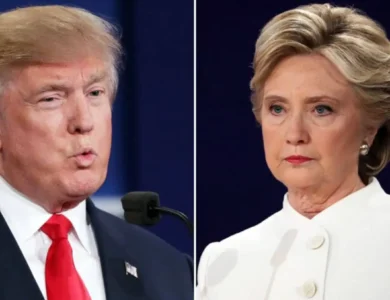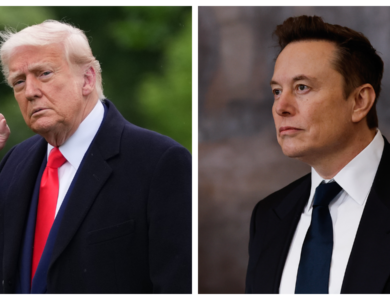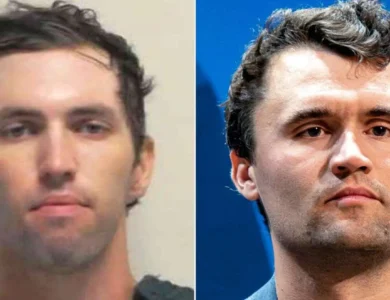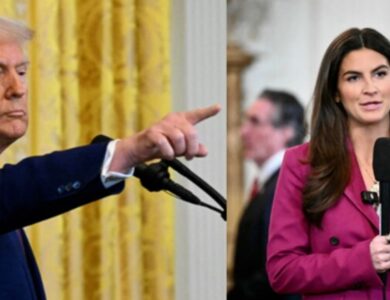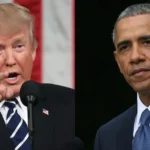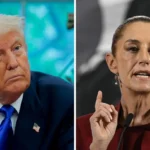Obama Judge Says Trump Cannot Pull Law Firm’s Security Clearance
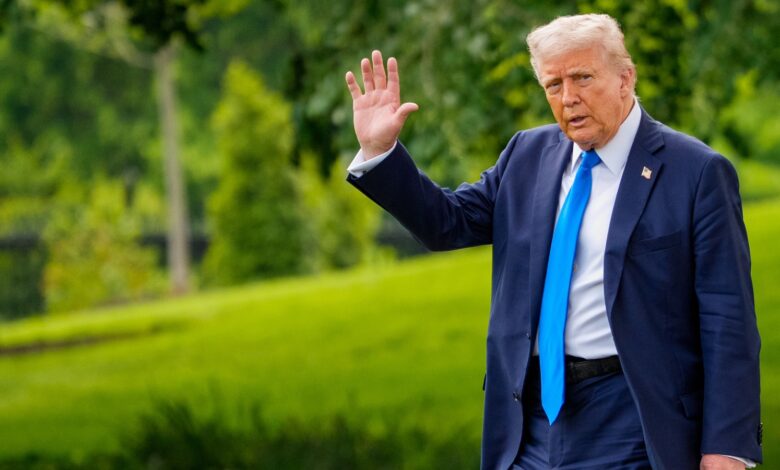
Those who believe that judges are overstepping their authority to stop President Donald Trump and his administration from carrying out the duties of the Executive Branch just got another shining example.
U.S. District Judge Beryl Howell decided on Friday that the president of the United States does not have the authority vested in him to pull security clearances, CNN reported.
Namely, the judge said that the executive order that pulled the security clearance of the law firm Perkins Coie violated of the First, Fifth, and Sixth Amendments.
Read more: BREAKING: Trump Just Got GREAT NEWS — Congrats!
The judge said it was a “blunt exercise of power” that “is not a legitimate use of the powers of the U.S. government or an American President.”
“The U.S. Constitution affords critical protections against Executive action like that ordered in EO 1423,” the judge said in a more than 100-page decision. “Government officials, including the President, may not ‘subject … individuals to ‘retaliatory actions’ after the fact for having engaged in protected speech.’”
And if the name Perkins Coie sounds familiar, it may be because it was at the center of the Russian Collusion hoax scandal, as it worked with the Democrat Party to create the narrative that the 2016 Trump team colluded with Russia to wrest the presidency from Democrats.
Read more: Mitch McConnell Makes Pathetic New Move Against Trump – What’s He Thinking?
Howell, who was appointed by former President Obama, made her dramatic decision using quotes from William Shakespeare, John Adams, and the Bill of Rights.
“In a cringe-worthy twist on the theatrical phrase ‘Let’s kill all the lawyers,’” she said in reference to a line from Shakespeare’s “Henry VI,” the executive order “takes the approach of ‘Let’s kill the lawyers I don’t like,’ sending the clear message: lawyers must stick to the party line, or else.”
“Using the powers of the federal government to target lawyers for their representation of clients and avowed progressive employment policies in an overt attempt to suppress and punish certain viewpoints, however, is contrary to the Constitution, which requires that the government respond to dissenting or unpopular speech or ideas with ‘tolerance, not coercion,’” the judge said.
Read more: Payback Coming For Schiff, Resignation Possible After Stunning Discovery
“EO 14230, the accompanying fact sheet, and the context surrounding the Order’s issuance each express President Trump’s disapproval of plaintiff’s First Amendment activity and demonstrate that EO 14230 targeted plaintiff because the Firm expressed support for employment policies the President does not like, represented clients the President does not like, represented clients seeking litigation results the President does not like, and represented clients challenging some of the President’s actions, which he also does not like,” she said. “That is unconstitutional retaliation and viewpoint discrimination, plain and simple.”
In the executive order, the president said that the law firm was risky and needed to have its security clearance revoked.
“The dishonest and dangerous activity of the law firm Perkins Coie LLP (“Perkins Coie”) has affected this country for decades. Notably, in 2016 while representing failed Presidential candidate Hillary Clinton, Perkins Coie hired Fusion GPS, which then manufactured a false ‘dossier’ designed to steal an election. This egregious activity is part of a pattern. Perkins Coie has worked with activist donors including George Soros to judicially overturn popular, necessary, and democratically enacted election laws, including those requiring voter identification. In one such case, a court was forced to sanction Perkins Coie attorneys for an unethical lack of candor before the court,” the executive order said.
Read more: Former Trump Official Has Medical Emergency Live on Fox News
“In addition to undermining democratic elections, the integrity of our courts, and honest law enforcement, Perkins Coie racially discriminates against its own attorneys and staff, and against applicants. Perkins Coie publicly announced percentage quotas in 2019 for hiring and promotion on the basis of race and other categories prohibited by civil rights laws. It proudly excluded applicants on the basis of race for its fellowships, and it maintained these discriminatory practices until applicants harmed by them finally sued to enforce change,” it said.
